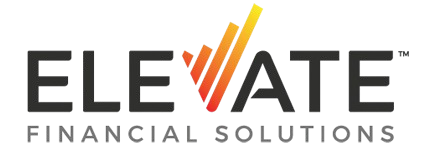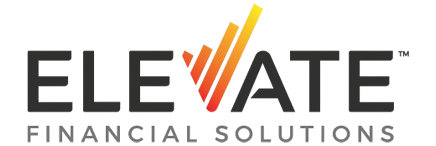news
How to Improve Your Chances of Getting a Self-employed Mortgage
Mar 20, 2025
Securing a mortgage when you're self-employed can feel like navigating a maze blindfolded. While traditional employees simply need to show their payslips, self-employed individuals face additional hurdles that...



